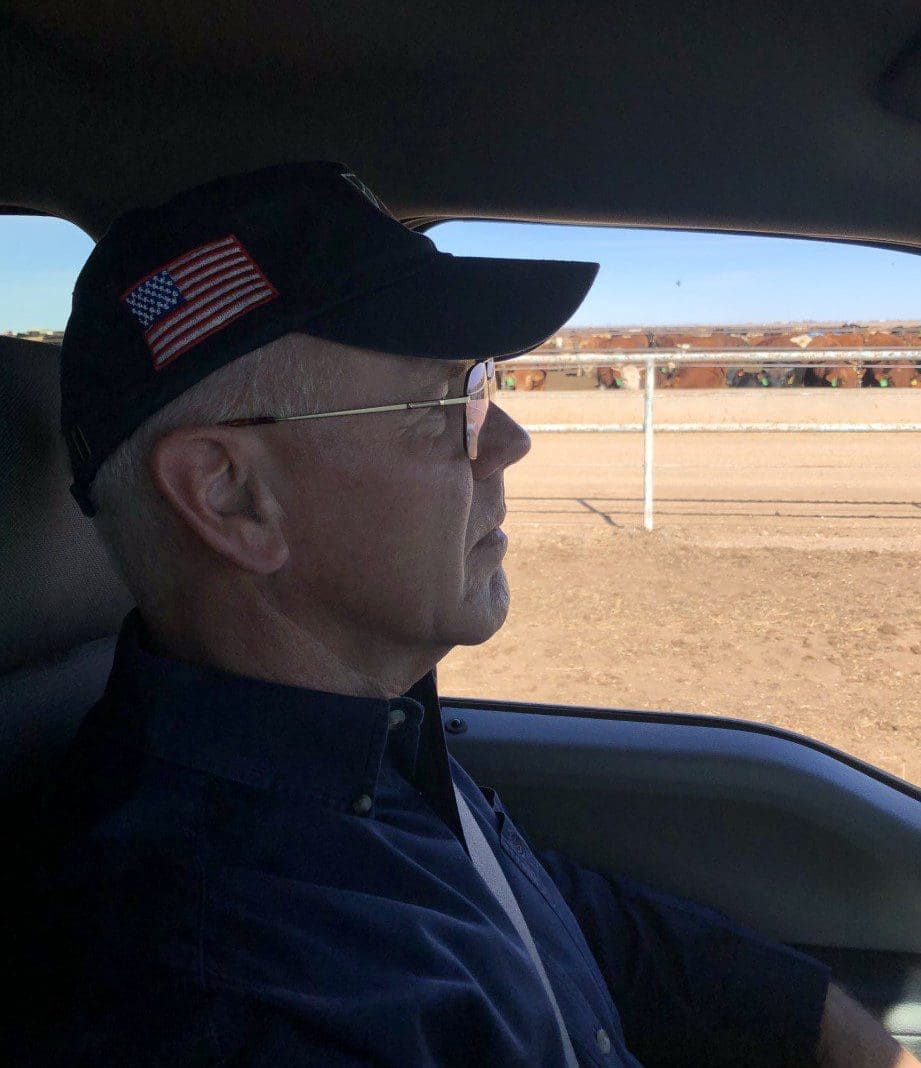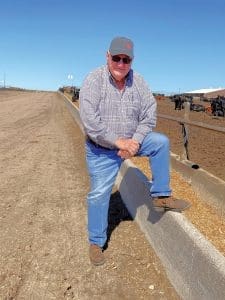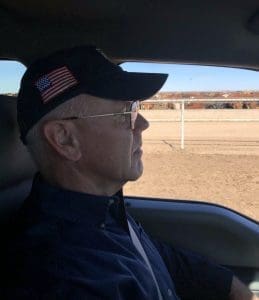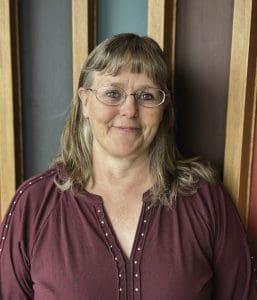By Chris McClure
“If you can’t take the heat, don’t tickle the dragon.” – Scott Fahlman
Scott Fahlman is an MIT graduate who completed his Ph.D. in 1977 in the field of artificial intelligence (AI). He is professor emeritus at Carnegie Mellon University and is a fellow of the American Association for Artificial Intelligence. Fahlman is credited with originating the first “smiley” emoticon. His was the first known doctorate degree to specifically mention artificial intelligence.
He also said, “If you are always pressing the envelope, you will suffer many paper cuts.”
It would be terribly boring to go through life ignoring the dragons. I must admit that it is more tempting to kick them than to tickle them, but the result is similar. Ah, the smell of crisp flesh and singed hair – I’m not speaking of branding. As for pressing the envelope, I’m uncertain as to the meaning since we rarely send letters anymore. I’ve decided the primary purpose of an envelope is a place in which to seal the ring of power that rules all the others. If you aren’t familiar with the reference, read J.R.R. Tolkien’s The Lord of the Rings.
I’m not certain what any of this has to do with feeding cattle, but I will admit I considered utilizing what is being referred to as AI to write this column.
A few of you have heard my position on what is being called AI; I think the correct term should be “machine learning.” Artificial intelligence, to my way of thinking, requires creativity and original thought. What we have today are computer algorithms that survey existing examples from which information is extracted and reassembled in new ways (usually) to regurgitate previously created material. It is computer software mimicking human creation – not human thought. The difference is creativity.
The question in my mind is how such algorithms can be applied to production agriculture – specifically beef production. Have we accomplished anything from which these “smart” programs can find enough “gems” to provide us with a complete and finished recipe for success? I strongly doubt it. There might, however, be enough data to improve small areas of production such as which treatment regimens are currently providing the greatest success rate against a specific pathogen. Oh, but then that pathogen mutates, and we are learning again. The pathogens learn more quickly than we do.
Perhaps I’m giving entirely too much credit to the human animal here. Be referring to creativity in relation to intelligence, I am crediting Homo sapiens with the ability to think and create at a level that machines cannot achieve. Much of the time we are simply regurgitating the thoughts of others rather than seeking to apply our intellectual prowess to the new and unexpected. Granted, most advancement is incremental, and it is the rare instance that great leaps are made, usually through accidental occurrences.
Most of us go through life dependent on the thoughts of others. We hope and believe that “someone” will come up with a solution, so rather than applying our own efforts, we wait.
Now, I’ve come back to “pressing the envelope.” We are probably more familiar with, “pushing the envelope.” It means simply to push the boundaries. Are we pushing our individual boundaries? Are we constantly challenging ourselves to exceed or excel previous thoughts and accomplishments?
Another way the concept is often depicted is to “get out of our box.” What box? That’s usually my response; however, most of us are constrained by training, education, tradition, peer pressure, fear or a thousand other impediments to reaching beyond the known. New things are outside of the box that constrains us – or perhaps it is an envelope.
Each of us is filled with the power of creativity. We were designed to solve problems and we need to be about solving them. Our industry is rife with things in search of solutions. The increasing rate of feedyard morbidity is one of those problems. Maybe the creative solution is simply to do the things we know are necessary rather than relying on pharmaceutical companies to come up with a magic pill. By “what is necessary,” I am thinking management solutions.
I recently listened to a rather dry lecture on the genetic basis for a particular disease. The suggested solution was more research. When do we quit researching and start doing things that might make a difference – like adjusting rations so that we aren’t pushing animals quite so intensely metabolically? What is the value of an animal against a few more days on feed? Maybe the best answer is just to unseal the envelope and slip on that “ring of power,” the power of creativity.







